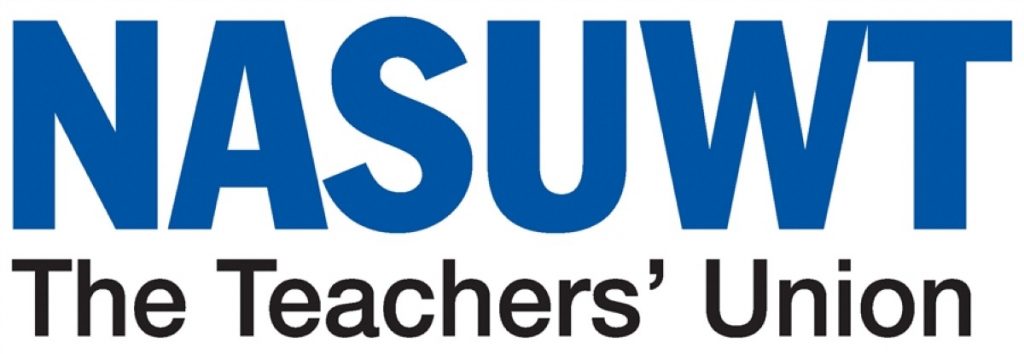Energy drinks concern
The NASUWT, the largest teachers’ union in the UK, is working with Swanswell, a national drug and alcohol recovery charity, to raise awareness of the potential impact of energy drinks on the behaviour of children and young people.
Both organisations believe that the Government needs to commission independent research into energy drink use and the long-term effects on health.
Emerging findings from the analysis of the NASUWT’s 2016 Annual Big Question Survey show 13% of the thousands of teachers who have responded cite the use of caffeine and energy drinks as a driver of poor pupil behaviour.
National guidelines on recommended consumption levels of caffeine for children are needed to help tackle pupil behaviour problems in schools which are being fuelled by consumption of energy drinks such as Monster, Relentless and Red Bull.
There is concern that energy drink consumption can be linked to the use of other substances such as cannabis in some cases. Swanswell have evidence that some young cannabis users experience a ‘cycle’ effect by taking the drug and then using energy drinks to give them the boost they need to function in their everyday lives. They then use cannabis to bring them back down from the high that energy drinks create.
The NASUWT and Swanswell have produced initial information to raise awareness among parents, pupils and teachers of the high levels of stimulants which energy drinks contain and their potential impact on children’s behaviour and health.
Energy drinks contain high levels of caffeine and sugar but a recent European study found that nearly one in five children who have tried energy drinks think they are the same as cola. A 500ml bottle of cola has almost 40mg of caffeine whereas the same amount of an energy drink has around 160mg of caffeine.
Chris Keates, General Secretary of the NASUWT, said:
“For the last two years in our survey teachers have registered concern about the contribution of high energy drinks to poor pupil behaviour as a result of consuming excessive quantities of these drinks.
“These drinks are popular among young people who often think they are just another soft drink.
“Young people and parents are often not aware of the very high levels of stimulants that these drinks contain.
“They are readily available legal highs sold in vending machines, supermarkets and corner shops. Their packaging and marketing makes them attractive.
“Working with Swanswell, the NASUWT is pleased to be able to release initial guidance to start the process of awareness raising among parents, pupils and schools.”
Debbie Bannigan, Chief Executive of Swanswell, said:
“We’ve joined up with the NASUWT to provide parents, teachers and students with information about the hidden harm of energy drinks. Affordable and available to most children, they can consume 160mg of caffeine in one drink, compared to 32mg in a can of cola. Energy drinks can affect performance at school and lead to risky behaviour. We’ve even seen examples in our service of children taking cannabis to offset up to 800mg of caffeine a day.”
She added: “Unlike other countries there’s no official guidance on caffeine consumption for children in the UK. That’s why we’d like the government to commission independent research into the long-term health impact of energy drinks. This would enable them to publish evidence-based guidelines on the maximum amount of caffeine it’s safe for children to drink. Parents and children could then make an informed decision about their caffeine consumption.”
NASUWT Press Office contacts:
Ben Padley 07785 463 119
Lena Davies 07867 392 746
Sarah Cull 07920 711 069
Notes to editors
The advice for parents, pupils and schools produced by the NASUWT and Swanswell on the contents of energy drinks and concerns about their effects is attached.
The NASUWT Big Question survey is an annual survey of teachers on a range of issues affecting their wellbeing and professionalism. The figures are a snapshot of the Big Question results, based on the initial analysis of 5,098 online responses. Data from the thousands of paper responses to the survey are still being collated and the full results of the survey will be published at a later date.
The NASUWT’s Annual Conference is being held at the ICC in Birmingham from 25-28 March.
About Swanswell
At Swanswell, we believe in a society free from problem alcohol and drug use; that everyone deserves the chance to change and be happy.
We’re a market leading charity with an exciting programme of innovative new service developments and a team of committed people who are working hard to achieve our ambitions.
Swanswell has a number of offices across the country based in Coventry and Warwickshire, Birmingham, Barnsley, Sandwell, Leicestershire and Rutland, Worcestershire, West Berkshire and Avon and Somerset. Visit Swanswell at: www.swanswell.org for more information.
Follow Swanswell on twitter at www.twitter.com/Swanswell and join the conversation.
For more information contact: Gary Ridley-PR and Media Executive
Email: Gary.Ridley@swanswell.org
Tel: 01788 559422





-01.png)